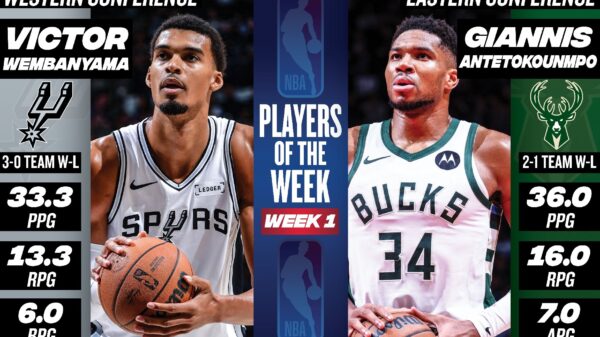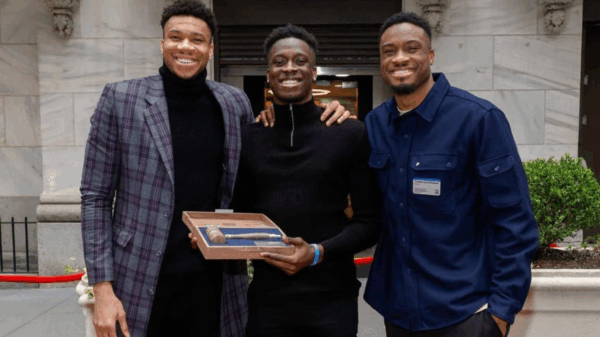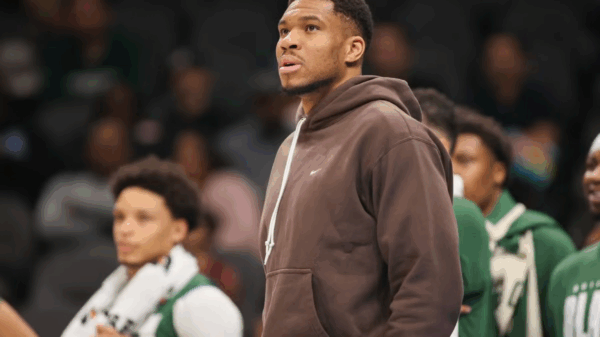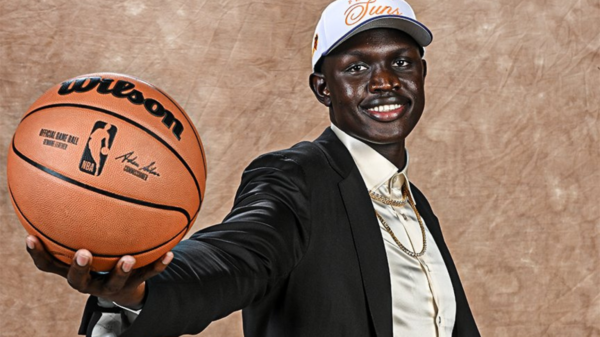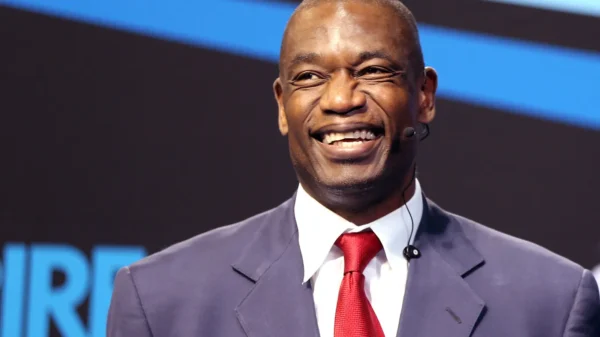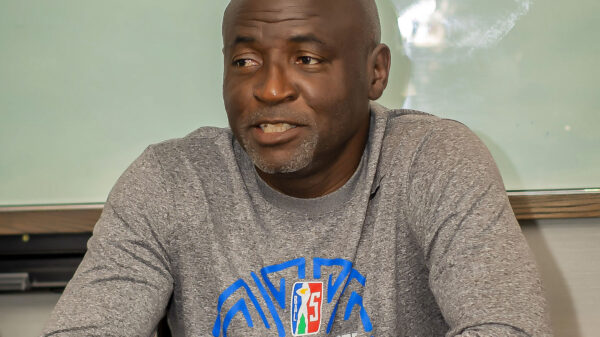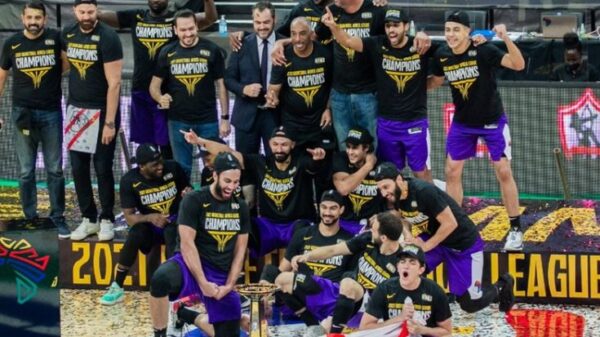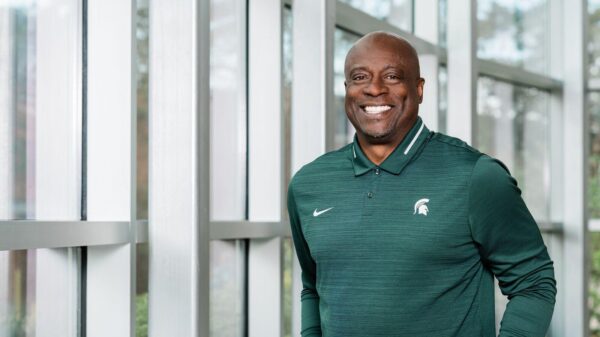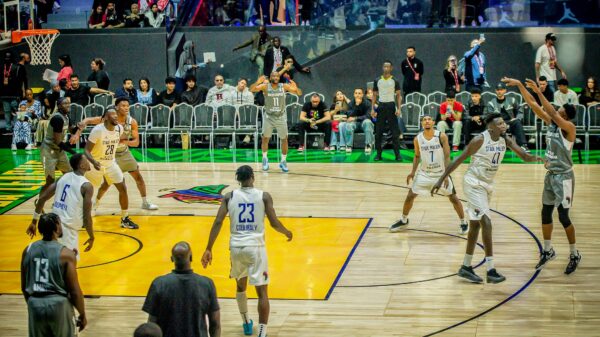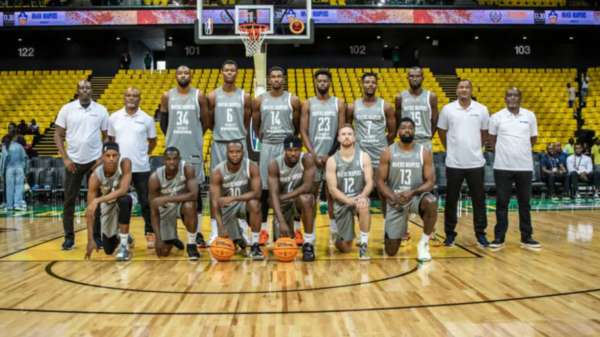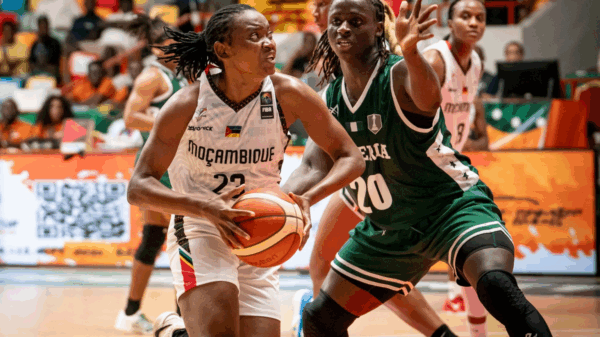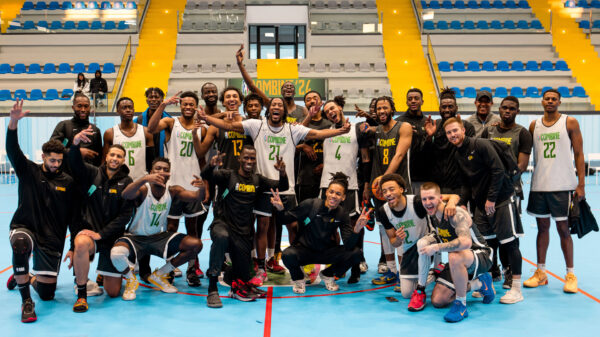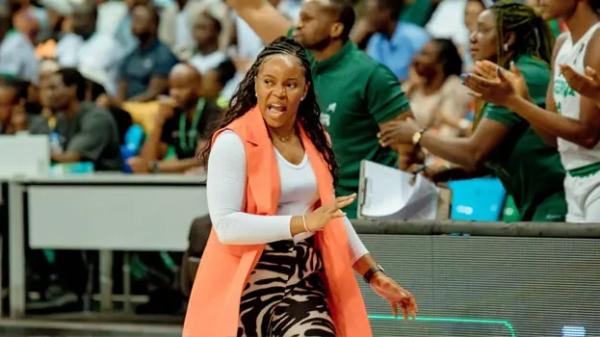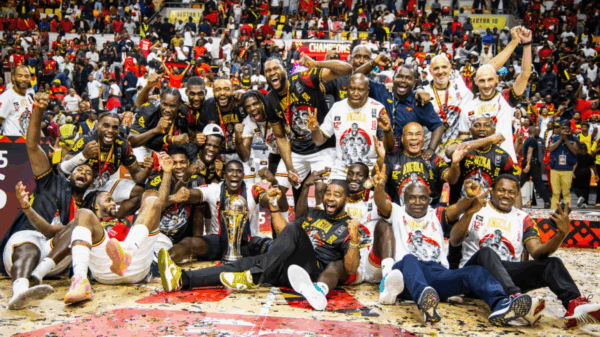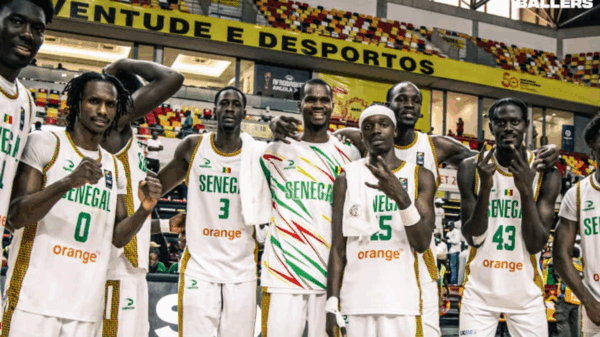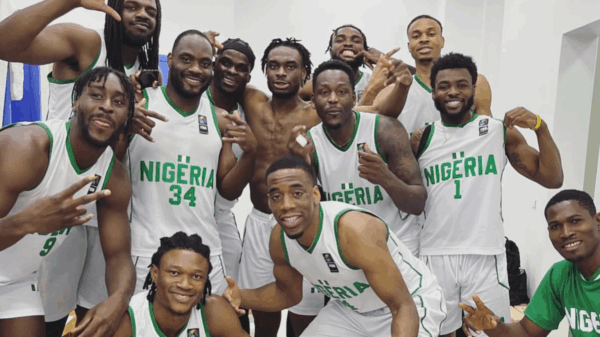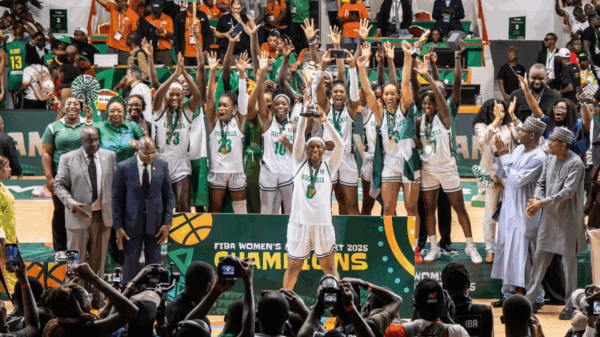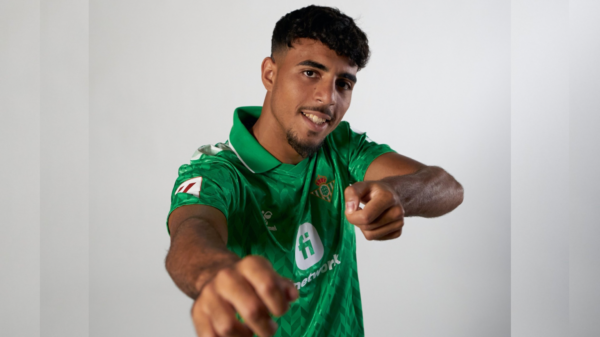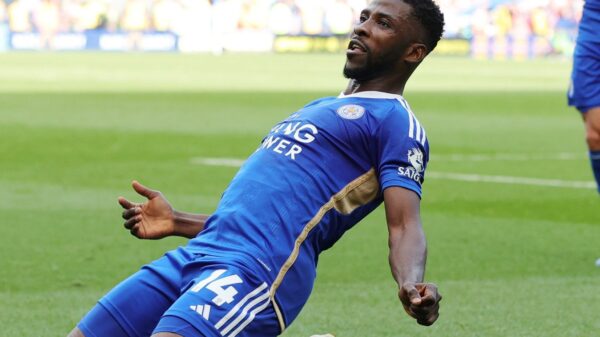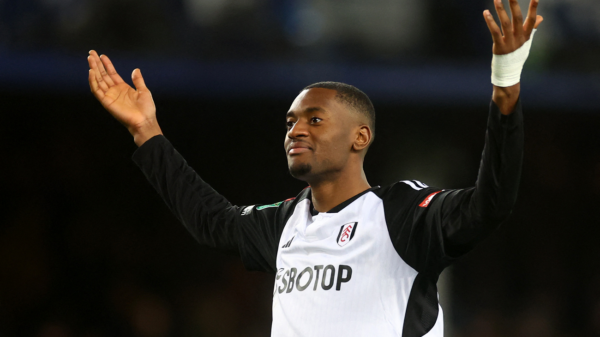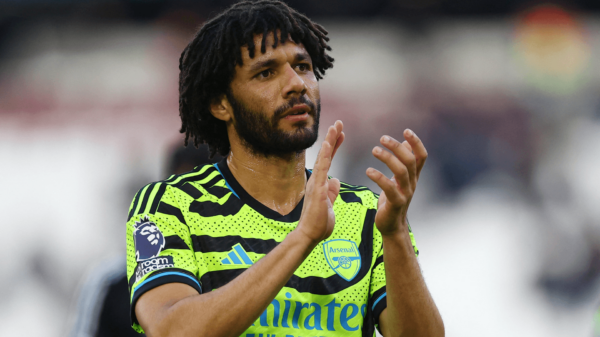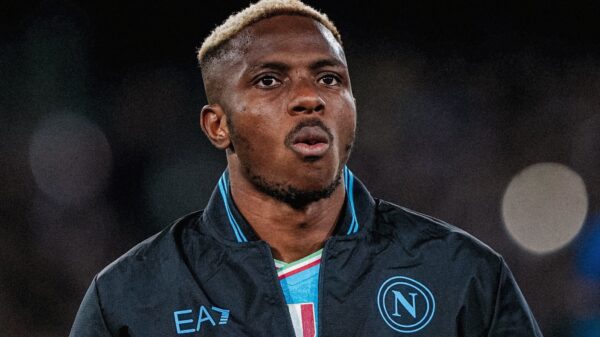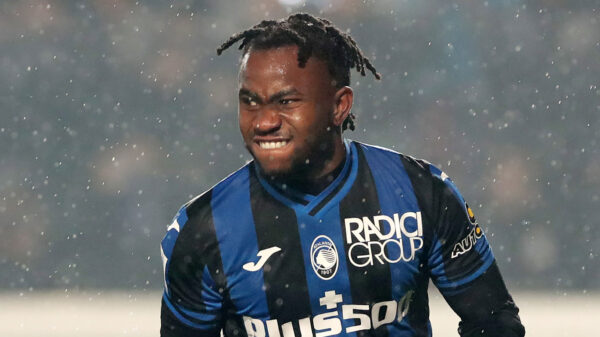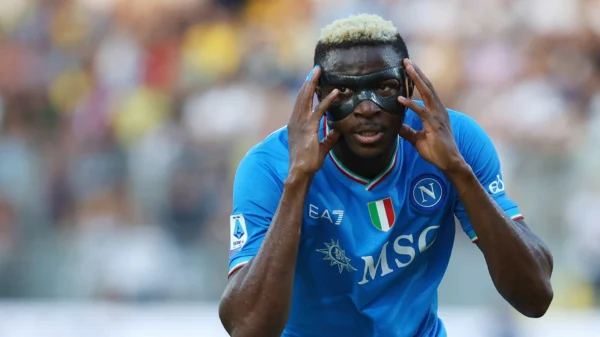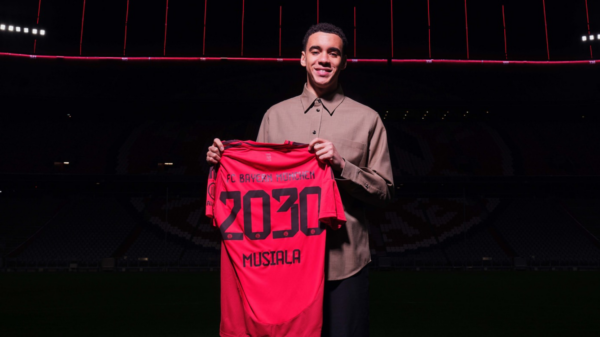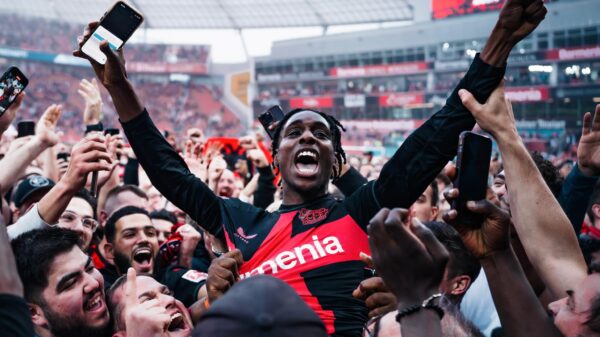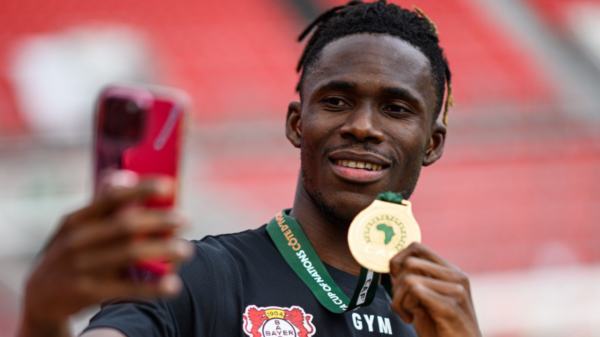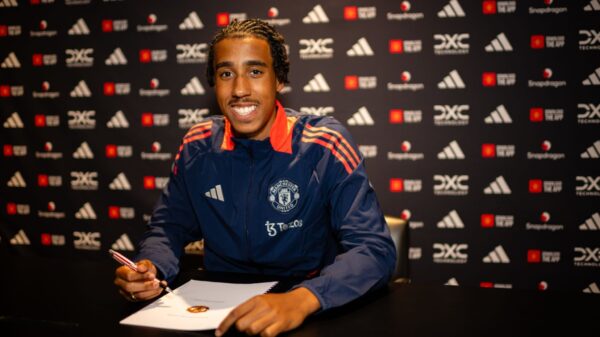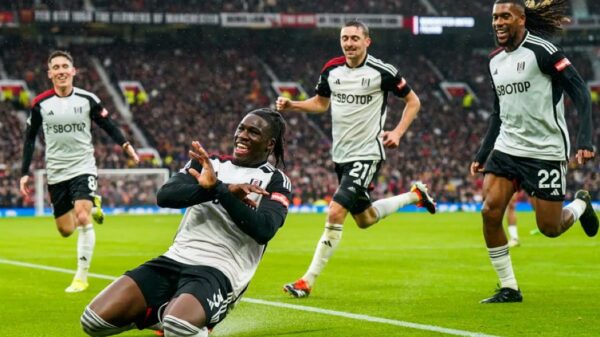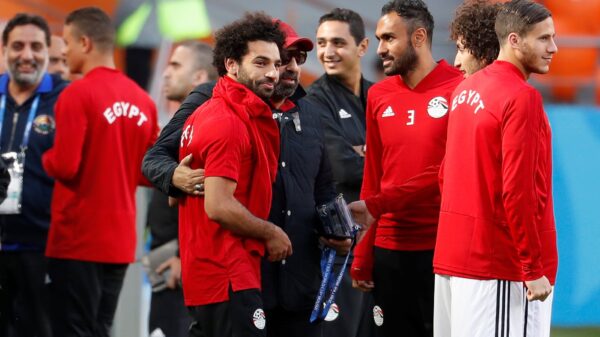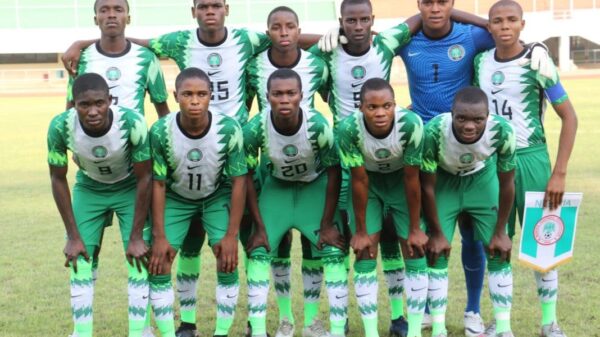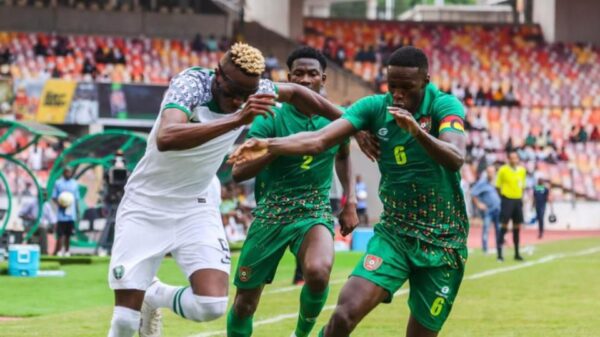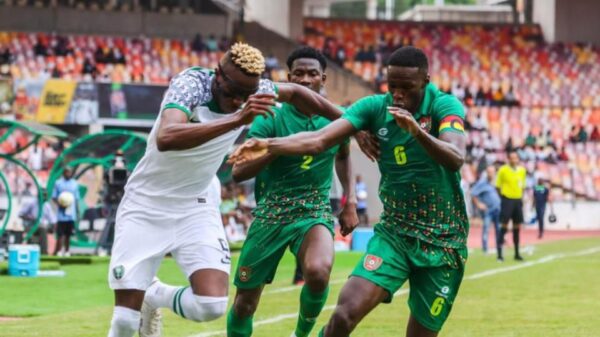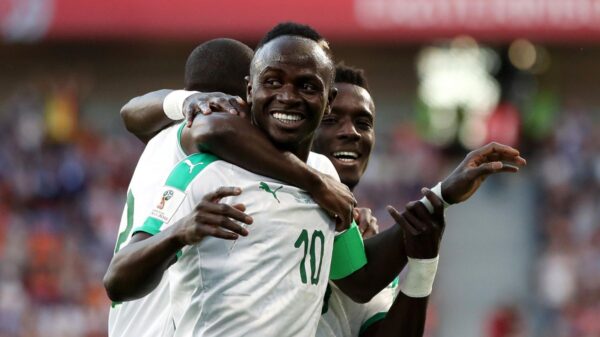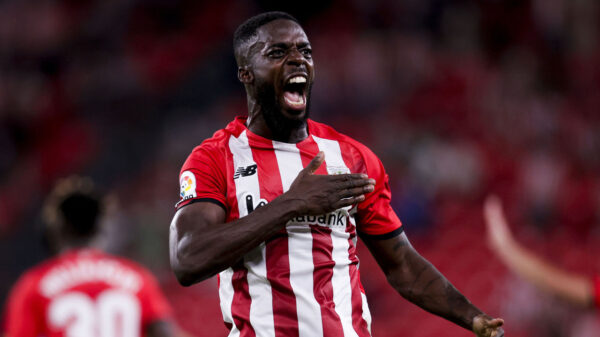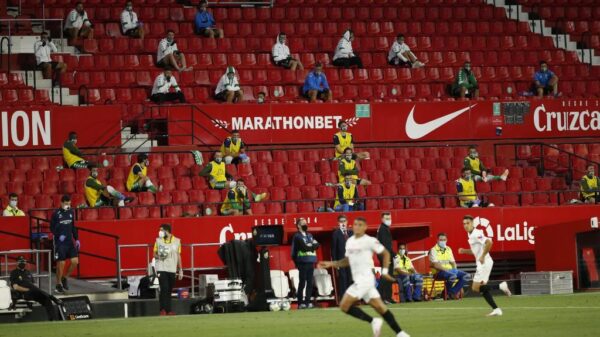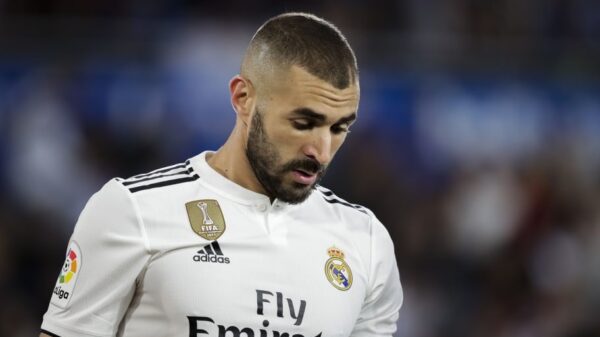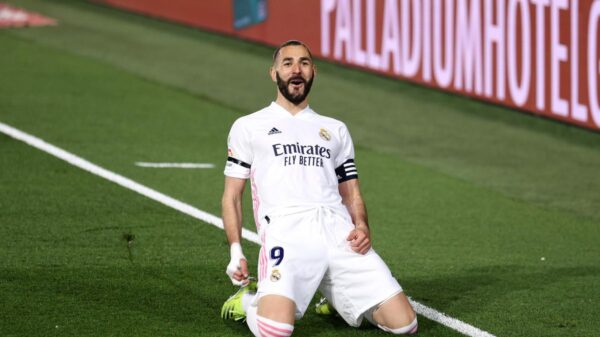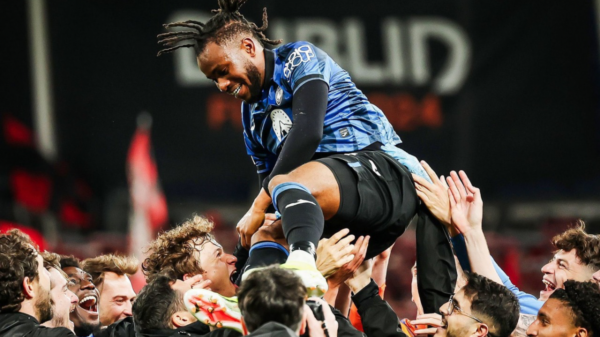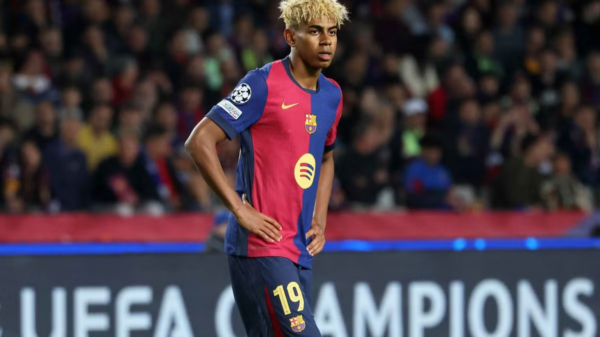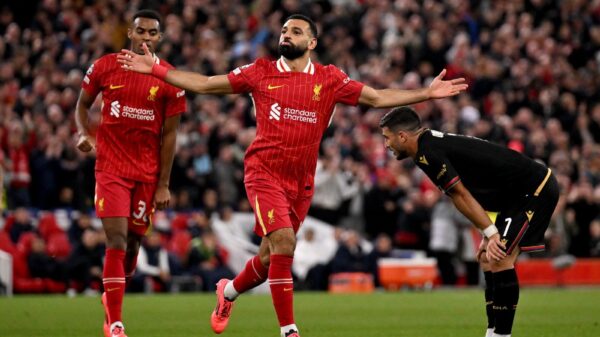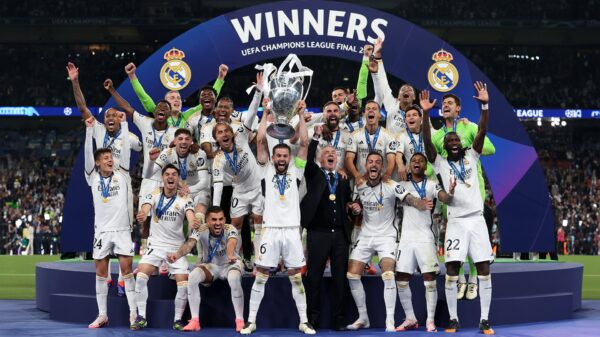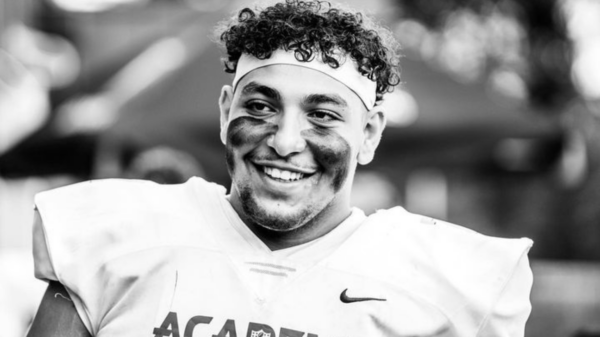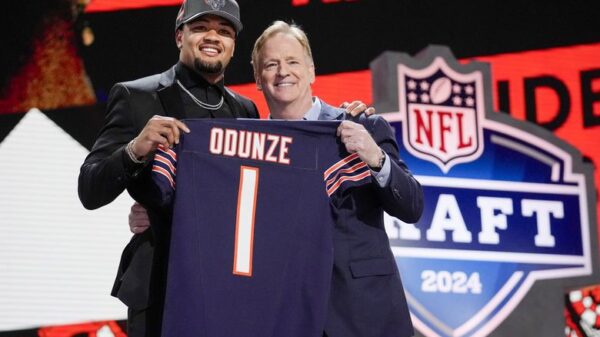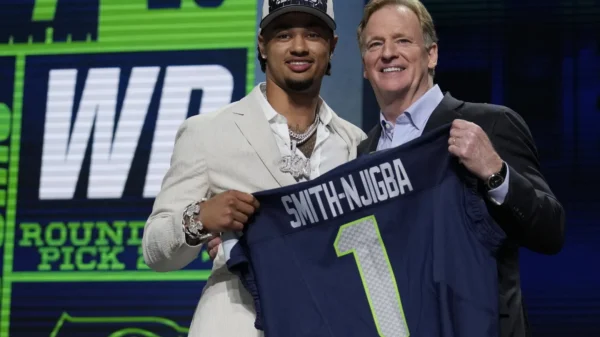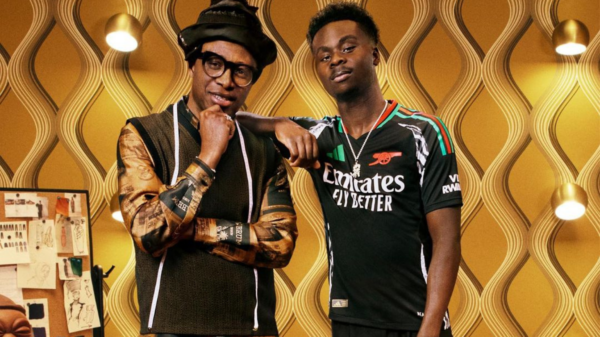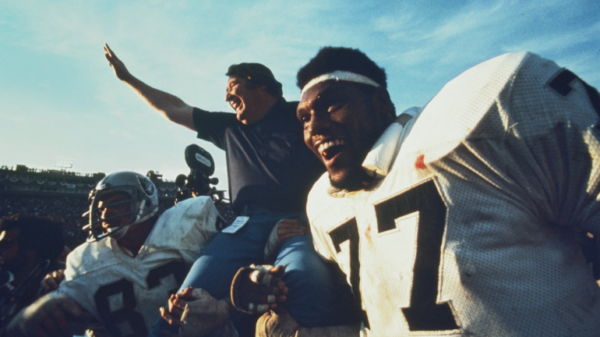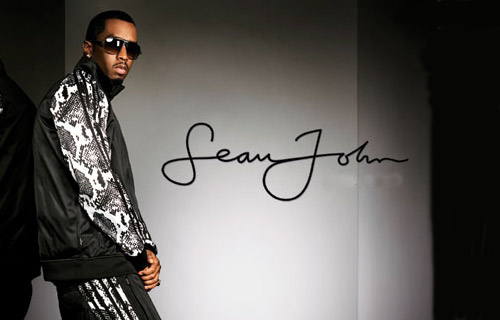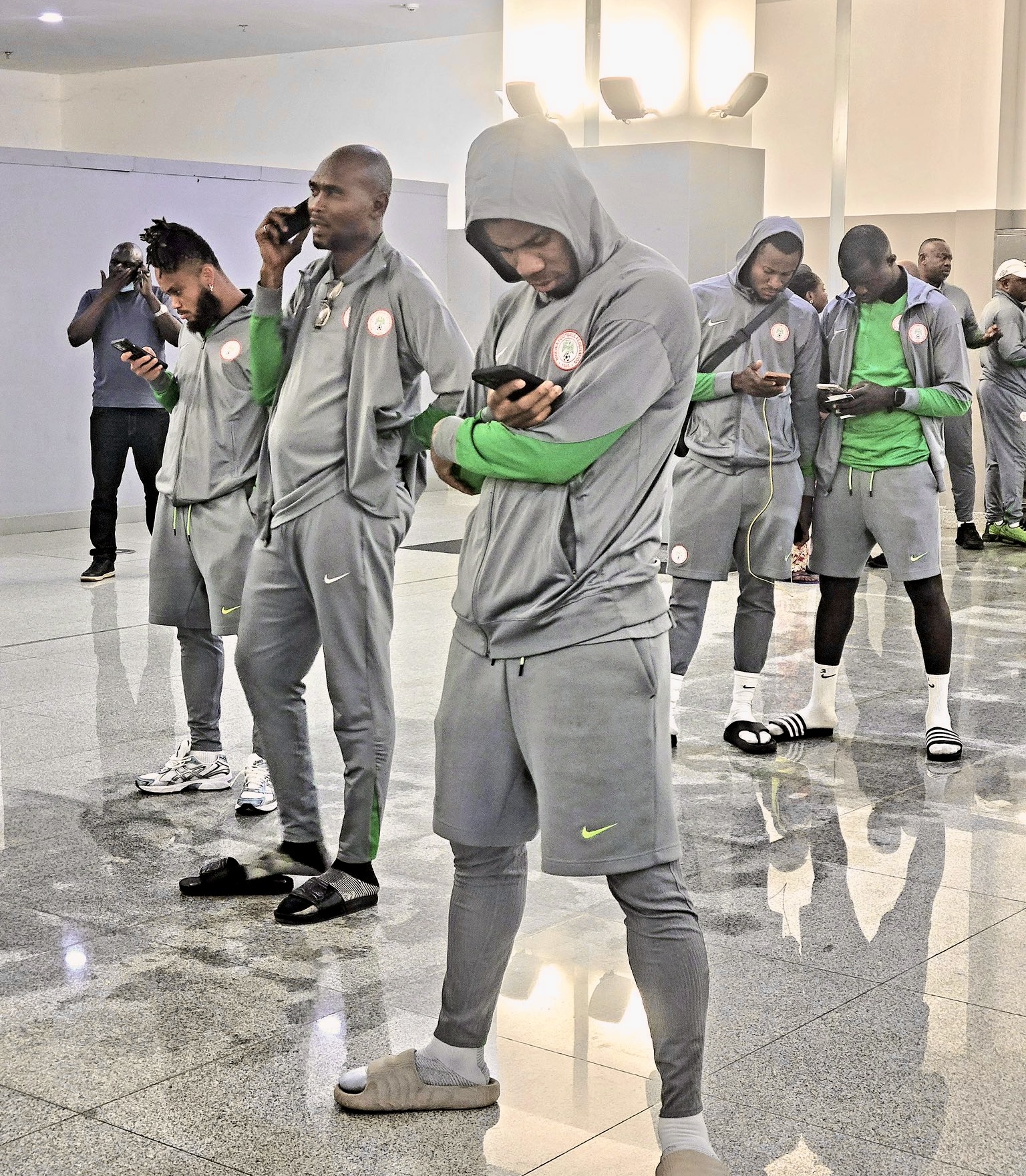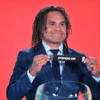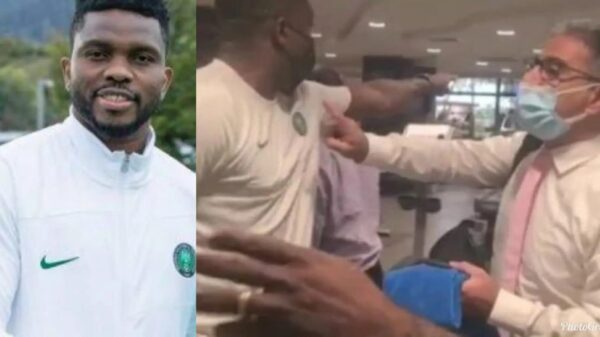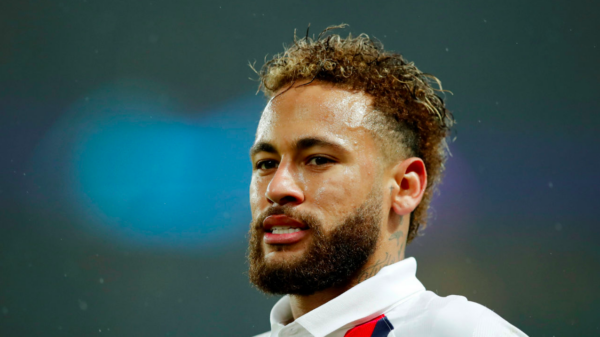The Super Eagles have finally returned to Nigeria from Libya where they had been stranded since Sunday.
The Nigerian delegation to the aborted Africa Cup of Nations qualifier against Libya returned to the country yesterday with tales of woe. This is as the country’s football authorities, the Nigeria Football Federation (NFF), as well as, the entire country await the continent’s football governing body, the Confederation of African Football (CAF) to make a pronouncement over the alleged beastial treatment meted to the Nigerian contingent, by Libyan authorities.
Nigeria was billed to meet Libya in the second leg of their Morocco 2025 Africa Cup of Nations qualifying tie today, but the Super Eagles elected to boycott the game following alleged hostile reception that they got from the hosts, who “detained” the entire team in an abandoned airport for over 12 hours.
Narrating their ordeal in the hands of Libyans authorities on arrival in Kano, yesterday, Nigeria Football Federation’s (NFF) Media Director, Ademola Olajire, said that they felt that something was wrong when their pilot was “instructed by the control tower that he could not land in Benghazi (despite having all the required landing papers and having completed all formalities before leaving Uyo, and later, Kano. The control tower asked the captain to proceed to the Al-Abraq International Airport, even though the airport lacked the control navigators for landing at such hours. He complained that he was short of fuel, but his words fell on deaf ears as he was told in stern manner that the directive was from ‘higher authorities.’
“On landing at the Al-Abraq International Airport, in the small town of Labraq, at 19.50hours, it was clear that the airport was not a well-utilised facility. There were no scanning machines or the usual equipment for this service, and officials had to make do with mobile phones to scan passport data pages.”
Olajire said that the delegation, which included 22 players and team officials, including NFF President, Ibrahim Musa Gusau; Edo State Deputy Governor, Comrade Philip Shaibu; a couple of NFF board members; NFF General Secretary, and Dr Mohammed Sanusi, among other stakeholders, was shown scant respect by Libyan officials, who applied curt manners and spoke in stern tones.
He said that after the airport ordeal, there was no single official of the Libyan Football Federation at the airport to receive the delegation, as is the best practice globally.
“Airport officials could not answer the simple question on where the buses that would take the delegation members back to Benghazi (where the NFF had booked hotel rooms) were.
“When delegation members including the NFF President, Comrade Shaibu, and Dr Sanusi attempted to venture outside the airport to ascertain if there were vehicles waiting for the team, they were stopped in the most uncouth of manners by airport security personnel.”
The media director said that the LFF
Secretary General, Abdul-Nasser, failed to come to the team’s rescue despite several calls to him, adding that he later switched off his phone after promising to help resolve the issues.
“Frustrated by this attitude, Dr Sanusi approached the security operatives to request that the team be allowed to go out and board the buses that the NFF eventually hired. This request was rejected with insults. It took the intervention of the NFF dignitaries to prevent what would have escalated into a row, as the NFF president himself was not spared when he heard exchange of voices between the security personnel and his general secretary. This aggravated the tension and further frustrated the team.”
He said that after spending more than 12 hours at the airport without food and water, as well as, communication to the outside world, the frustrated Nigerians became angry and sought for a way out of the situation.
“At past midnight, we learnt that there had been word from “higher authorities” (Libya is a jurisdiction governed by two different administrations – a UN-recognised cabinet in Tripoli, and a self-imposed team over Eastern Libya, including places like Benghazi and Labraq) that the Nigeria delegation should be delayed for minimum of 10 hours at the airport for what they falsely claimed was done to their team in Nigeria. (All conversations between the NFF general secretary and the LFF general secretary on the match in Uyo, both written text and voices notes, are still in the NFF general secretary’s phone).
“The NFF team was shocked because the incident referred to in Nigeria was entirely generated by the Libyans. They informed the NFF that their contingent would be landing in Port Harcourt, and not Uyo, only two hours to the team’s arrival in Nigeria.
Despite this, the NFF moved swiftly to get authorities to grant their aircraft movement permit from Port Harcourt to Uyo, but this was jettisoned as the LFF apparently did not cherish the additional fee dispatched by the charter company.
They opted to travel by road, refused to use the buses hired by the NFF, and instead hired their own, and disrespected advice not to travel by night. When they stuck to their guns to move by night, the NFF provided security. The NFF even provided the team training facility the day after the match and secured direct flight permit from Uyo to Benghazi for the delegation.”
He said the delegation was forced to contact Nigerian authorities to intimate them of the situation and “these persons all expressed fears for the safety and security of the team. These fears were real and justified given the plethora of threats thrown by the Libyans on legacy and social media in the days before and after the match in Uyo. At 2.00 a.m, Captain William Ekong, met the NFF president in the company of the NFF general secretary to inform the president that the team may not be able to go ahead with the match, due to trauma, fatigue and body aches that resulted from lack of food, dehydration and very cruel and unimaginable treatment, which had led to some players falling ill.”
Olajire disclosed that following the decision of the players to boycott the game, the NFF called to inform the Confederation of African Football (CAF), Nigeria’s FIFA Council Member, Amaju Melvin Pinnick, and higher authorities in Nigeria.
In a letter to CAF, the NFF “detailed the antics of the hosts and hoped that the continental governing body would go ahead to “punish this rare bestiality visited on the beautiful game.”
It noted that the Super Eagles had traveled hoping to enjoy a great game of football, but had been sorely disappointed, and frustrated by the unprecedented level of hostility and poor attitude of the hosts.
He said that after spending many more hours waiting for the Al-Abraq Airport authorities to sell fuel to refill the chartered ValueJet aircraft (which was initially proving to be some sort of robotic engineering), the Nigeria delegation departed the Al-Abraq Airport (not worth the toga of ‘international’ by any scale) at exactly 15.05hours, bound for the city of Kano, and onwards to the Federal Capital, Abuja.”

